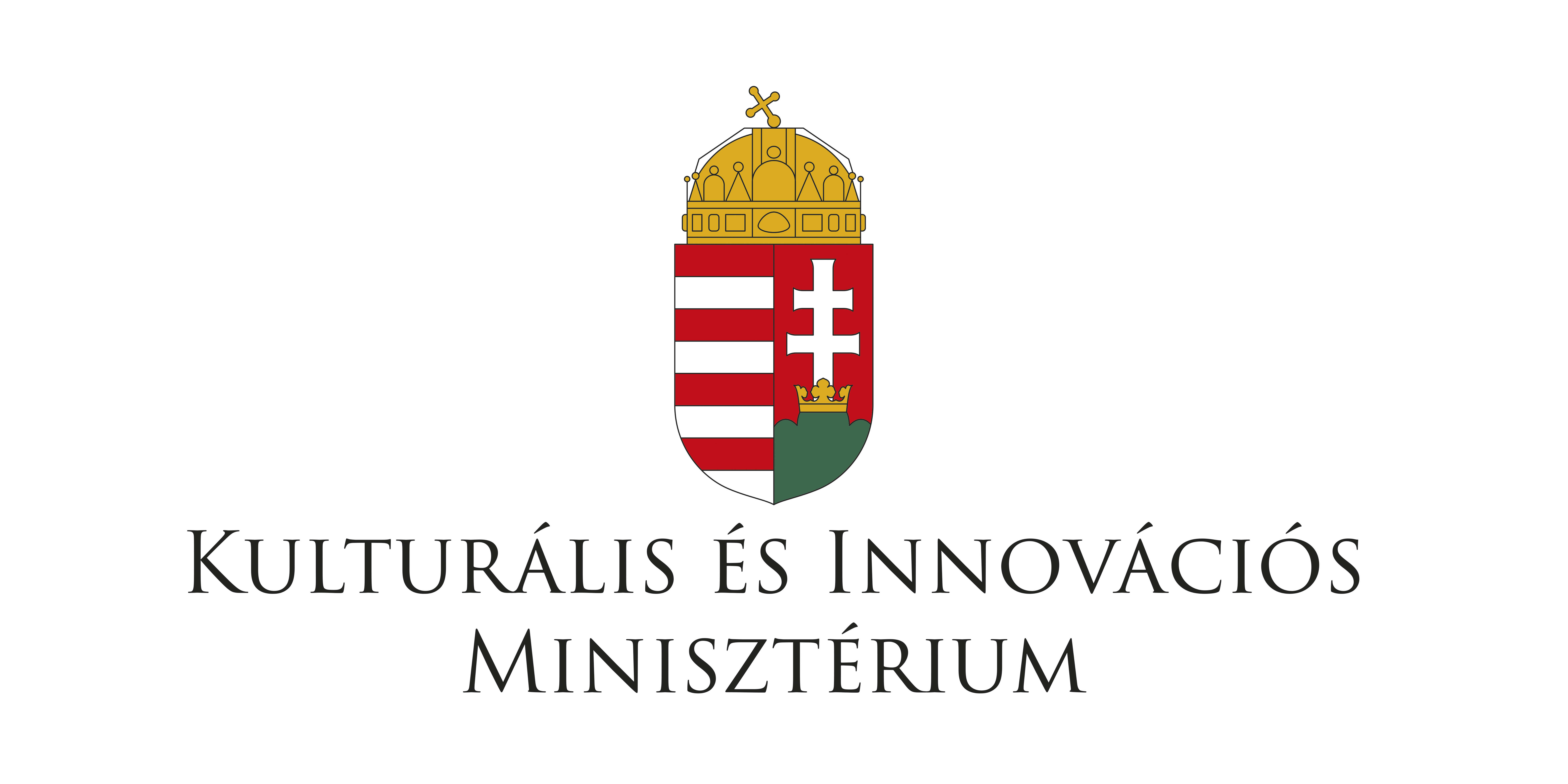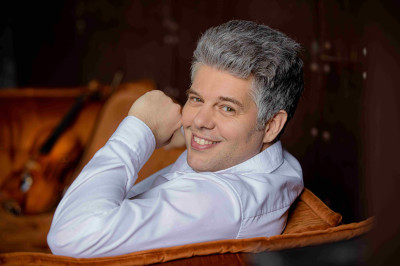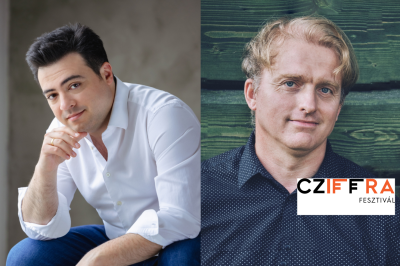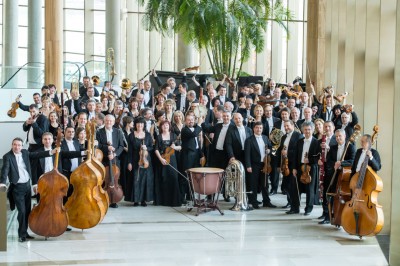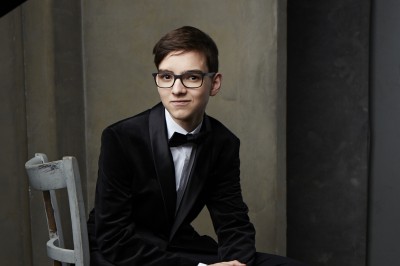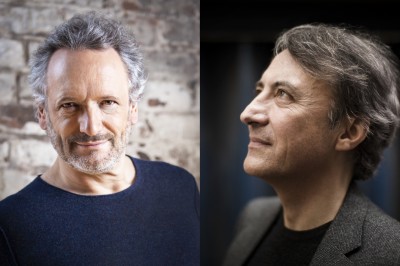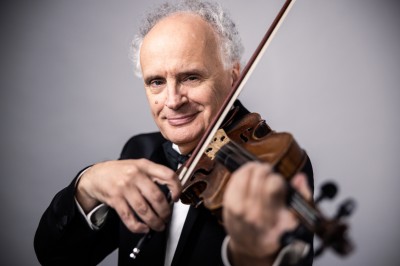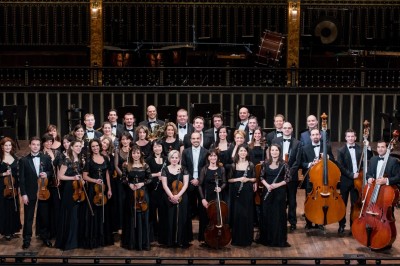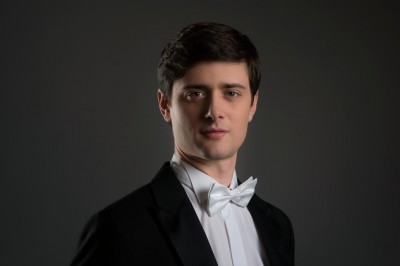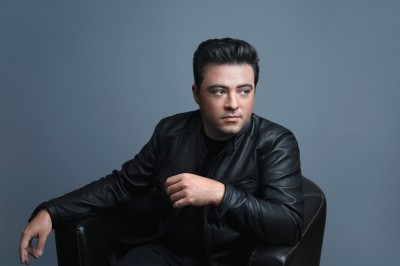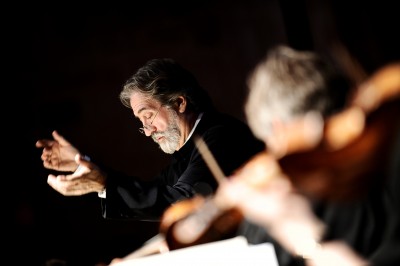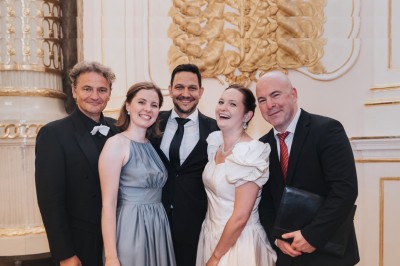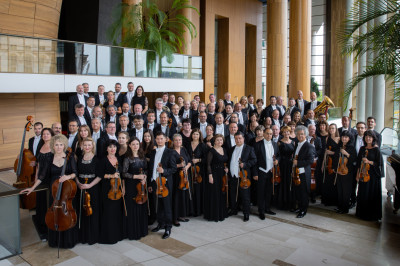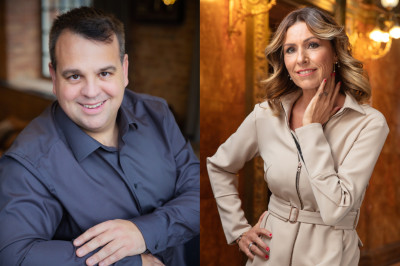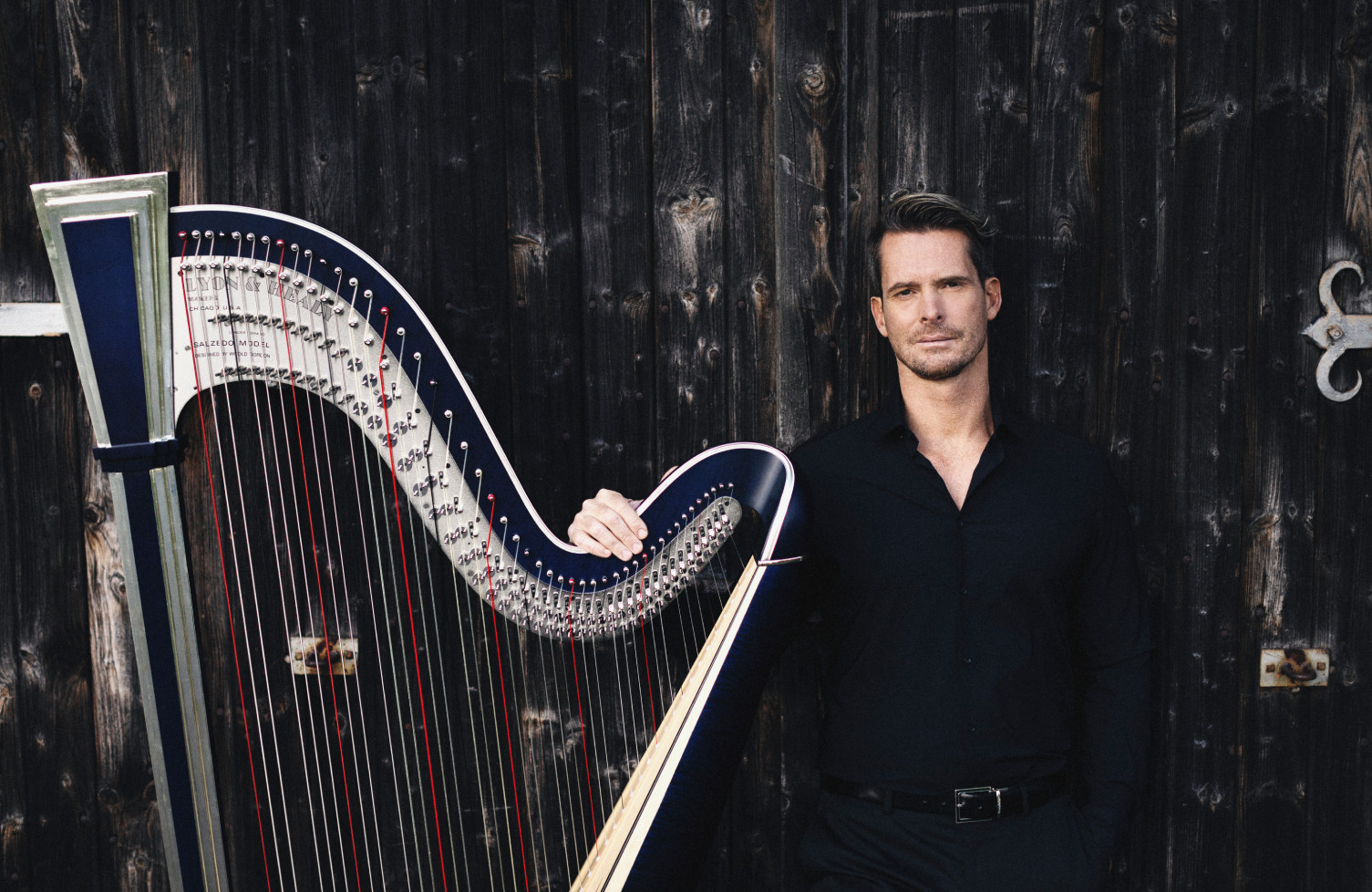
Tickets are available at the office of Filharmonia Hungary (Miskolc, Kossuth Street 3; +36 46 505 656; miskolc@filharmonia.hu), online at jegymester.hu, and at the venue before the performance.
Tickets will be available from September 14, 2025.
Ticket discounts:
We offer a 10% discount for students and pensioners.
Filharmonia Hungary season ticket holders can purchase tickets with a 20% discount by showing their season tickets! The discount can be applied to one ticket per concert per subscription.
Individual discounts cannot be combined!
We reserve the right to change the programmes, dates, venues, and performances, and ticket prices may change accordingly.
A Transcontinental Program by the Grammy-Winning Ambassador of 20th–21st Century Music. David Robertson, the Grammy Award-winning conductor and ambassador of contemporary music, arrives with a program that spans continents. Renowned not only for the joyful atmosphere he creates with the orchestras he works with, and not just for his exceptional musicality and refined gestures that captivate audiences, Robertson is also known for assembling imaginative, adventurous, and exciting concert programs.
The conductor, who leads the conducting department at the Juilliard School, opens his concert with a brief yet insightful and entertaining piece from Ligeti’s student years. The first half of the evening concludes with one of the most frequently performed concertos in the harp repertoire: the Harp Concerto by Argentine composer Alberto Ginastera. “A master of nuance,” writes Gramophone about the evening’s soloist, Xavier de Maistre. The concert culminates in a heroic musical struggle in symphonic form – in true Nielsen style. In the fall of 2023, David Robertson was the first to present György Ligeti’s Mifiso la sodo, written for chamber orchestra, to American audiences. Composed during Ligeti’s years at the Academy of Music in 1948 and revised three years later, the piece is full of witty musical jokes. The title itself is a pun: a fictitious Italian-sounding phrase made up of solmization syllables. Alberto Ginastera described the creative period during which he composed his 1956 Harp Concerto as one of “subjective nationalism.” The first and third movements of the concerto evoke the malambo, a traditional dance of the Argentine cowboys, the gauchos. Danish composer Carl Nielsen’s Symphony No. 4 is deeply imbued with the horrors of World War I. Composed in 1915, the piece bears the title The Inextinguishable. “Music is life itself, and like life, it is inextinguishable,” Nielsen wrote. The symphony unfolds in four continuous movements, each flowing seamlessly into the next, portraying an ongoing struggle - a battle for tonality and the survival of a recurring motto theme.
The program, rich in playfulness, struggle, and intense emotion, promises to leave a lasting impression in the hands of this exceptional team of performers.
Budapest Festival Orchestra
Xavier de Maistre - harp
David Robertson - conductor
PROGRAMME:
Ligeti: Mifiso la sodo
Ginastera: Harp Concerto
Nielsen: Symphony No. 4


